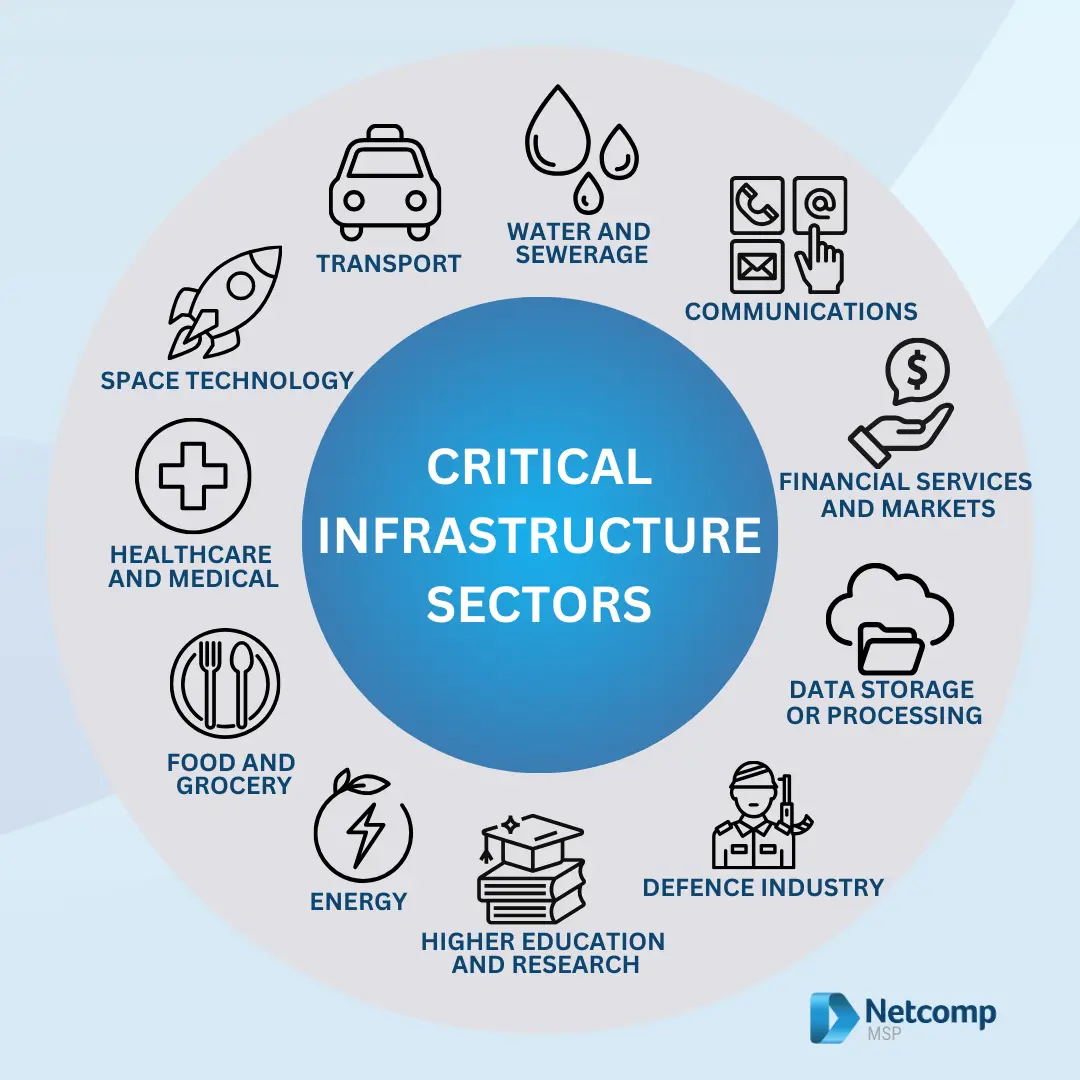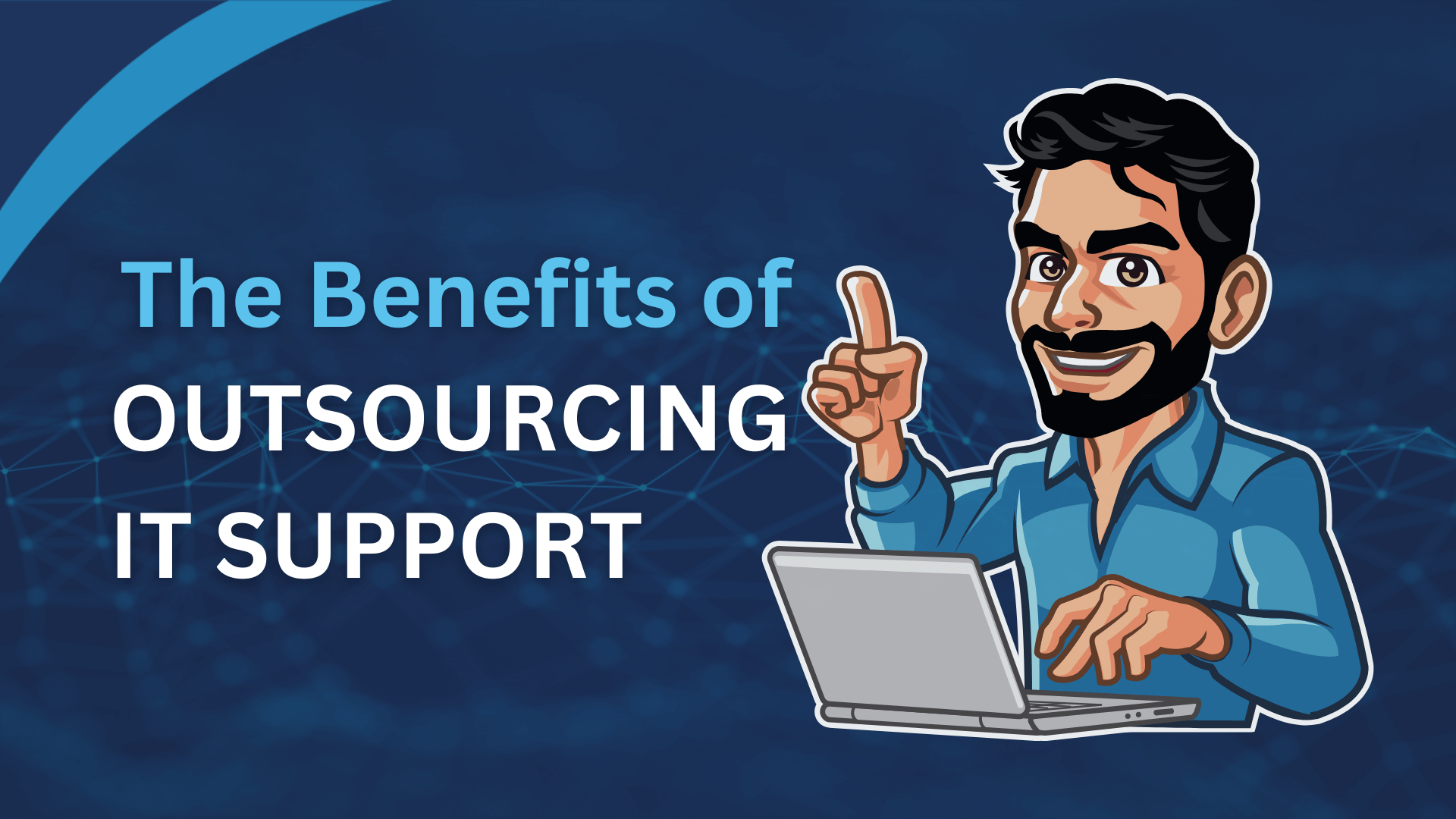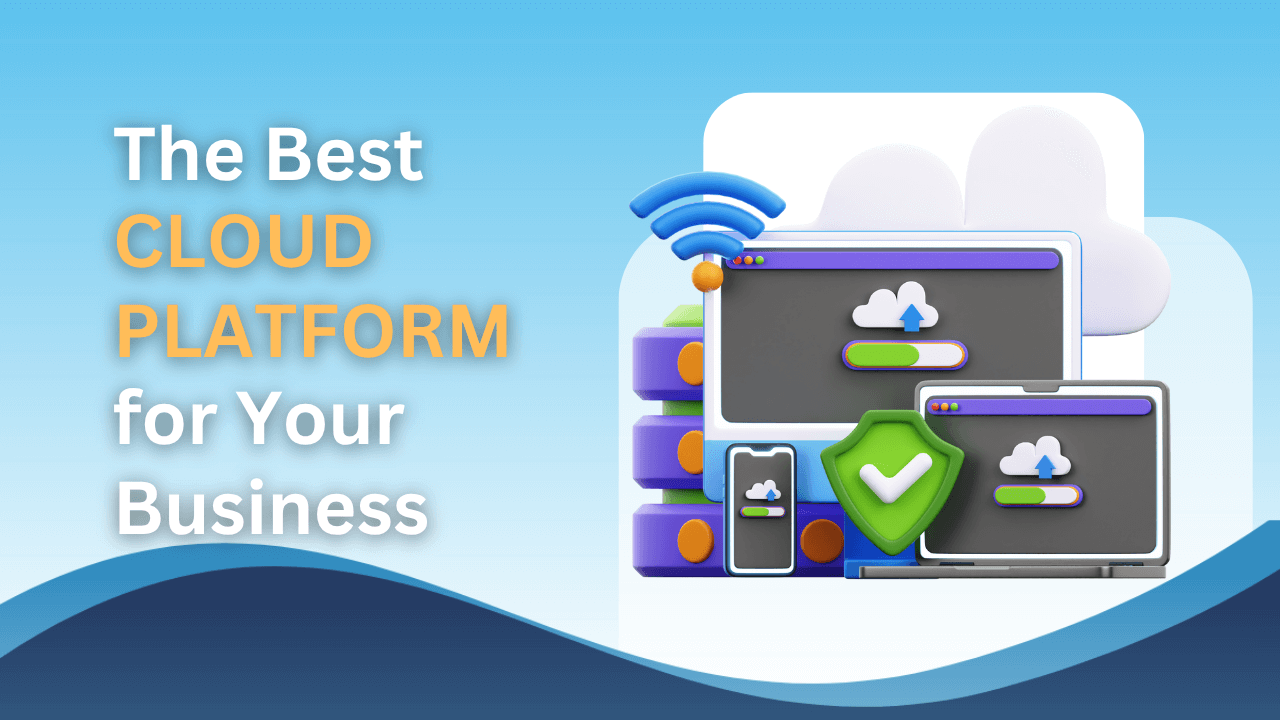
In this blog post, we’re going to delve into an interesting and vital topic – critical infrastructure sectors in Australia. This topic is particularly important for small and medium businesses (SMBs) as understanding these sectors can help you identify and manage your risks effectively. Let’s get started on demystifying the essential infrastructure landscape down under.
What is Critical Infrastructure?
Critical infrastructure refers to the collection of systems, networks, and assets that are so essential that their continued operation is required to ensure the security of a country, its economy, and the health and safety of its citizens. In Australia, these sectors play a pivotal role in our society and include the food and agriculture sectors, transportation systems, water supply, energy, telecommunications, finance, and more.
What Obligations Exist Under the Security of Critical Infrastructure Act 2018 (SOCI Act 2018)?
The SOCI Act 2018 places responsibilities on the owners and operators of vital infrastructure to ensure the security and resilience of their systems. This legislation aims to protect against evolving threats, including cyber risks. Certainly, the SOCI Act imposes a number of obligations on the infrastructure owners and operators, including:
- Identifying and assessing their critical infrastructure assets and risks
- Implementing risk management plans
- Reporting cyber and physical security incidents to the Australian Cyber Security Centre (ACSC)
- Cooperating with the ACSC and other government agencies in responding to cyber and physical security incidents
What is the SOCI Act 2018 About?
Basically, the Security of Critical Infrastructure Act 2018 empowers the government to work collaboratively with the private sector to identify and mitigate risks to essential infrastructure. It aims to protect the infrastructure from cyber and physical threats by:
- Establishing a framework for identifying and assessing risks
- Imposing a number of obligations on the owners and operators
- Providing a number of powers for the Australian government to respond to cyber and physical security incidents
What is the Trusted Information Sharing Network (TISN)?
The Trusted Information Sharing Network (TISN) is a secure network that facilitates the sharing of information on cyber and physical issues among businesses and government. As a result it provides a secure environment for critical infrastructure owners and operators to collaborate and share best practices.
What are the Critical Infrastructure Sectors in Australia?
There are nine critical infrastructure sectors in Australia:

- Energy
- Transport
- Water
- Telecommunications
- Finance
- Food and grocery
- Health care
- Defence
- Space technology
What are the Key Elements of Critical Infrastructure?
The key elements include:
- Physical assets, such as power plants, water treatment plants, and communication towers
- Information systems, such as computer networks and industrial control systems
- Personnel, such as engineers, technicians, and operators
What is a Critical Infrastructure Centre?
A Critical Infrastructure Centre (CIC) has been renamed to the Cyber and Infrastructure Security Centre (CISC) . This change reflects the increasing importance of cybersecurity in protecting critical infrastructure. CISC is a government agency or organisation responsible for overseeing and protecting critical infrastructure within a specific region or country. These centers typically work to:
- Identify and assess critical infrastructure. Firstly, this involves determining which assets and systems are essential for the functioning of society and the economy.
- Develop and implement security and resilience strategies. Secondly, this includes creating plans to protect critical infrastructure from various threats. For example from cyberattacks, natural disasters, and terrorism.
- Coordinate with government agencies and private sector organisations. Thirdly, this involves working with other stakeholders to share information. Moreover, to coordinate response efforts, and develop joint initiatives.
- Monitor threats and vulnerabilities. Additionally, this involves tracking potential threats and identifying weaknesses in critical infrastructure systems.
- Provide guidance and support to critical infrastructure owners and operators. Lastly, this includes offering advice on best practices, conducting security assessments, and providing training.
How to Conduct Risk Assessments?
Risk assessments for critical infrastructure involve identifying potential threats, assessing vulnerabilities, evaluating potential impacts, and developing mitigation strategies. Overall, this process helps businesses understand their risks and take proactive steps to manage them.
What is the Critical Infrastructure Resilience Plan?
A resilience plan is a strategy designed to ensure the continued operation of critical infrastructure in the face of various threats. It involves measures to prevent, respond to, and recover from incidents that could disrupt the normal functioning of the infrastructure.
What is CIPMA?
The Critical Infrastructure Program for Modeling and Analysis (CIPMA) is a program that is used to model and analyze risks. CIPMA is used by the Australian government to develop policies and programs to protect essential infrastructure.
How does the CIPMA work?
CIPMA uses a number of different models to simulate cyber and physical threats to key infrastructure. CIPMA is used to identify and assess risks to critical infrastructure and to develop strategies to mitigate these risks.
Netcomp Solutions is a leading provider of cyber security solutions for SMBs. We can help you identify and assess your essential infrastructure risks, develop and implement risk management plans, and provide you with ongoing support and training.
Remember, understanding and managing your risks is not just about compliance – it’s about securing your business’s future.
So, start your journey today with Netcomp Solutions!



